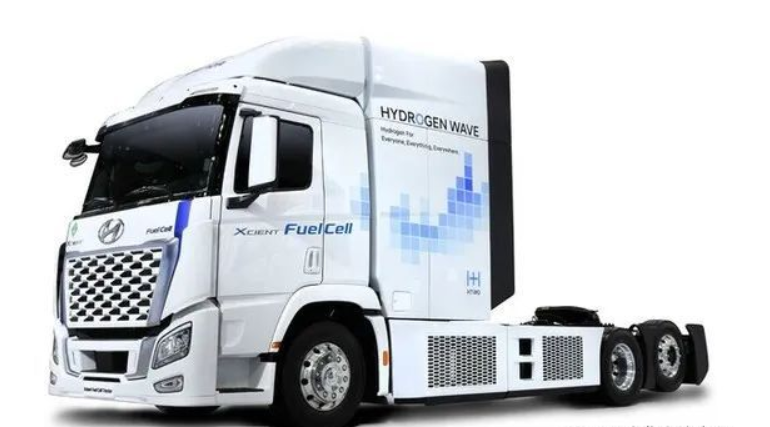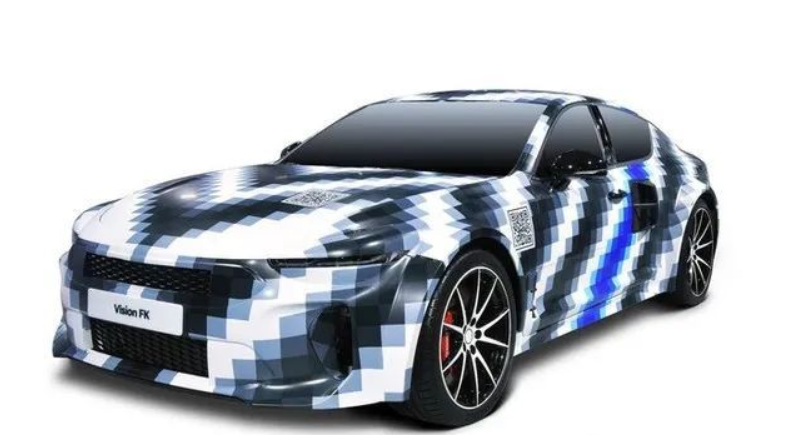
The most effective and practical way to solve the global environmental crisis is hydrogen fuel. On September 7, 2021, Zheng Yixuan, Chairman of Hyundai Motor Group, emphasized in the Hydrogen Wave event held online by Hyundai Motor Group that 2040 will be the first year of the popularization of hydrogen energy. At present, automakers from all over the world are competing with the battery electric vehicle camp and the hydrogen fuel electric vehicle camp composed of companies such as Tesla in the United States. Representatives of the environmentally friendly hydrogen fuel vehicle camp are Hyundai Motor of South Korea and Toyota of Japan.
Recently, the penetration rate of electric vehicles equipped with lithium-ion batteries such as the Tesla Model 3 has increased significantly. In the atmosphere of seizing the opportunity for the battery electric vehicle camp, Hyundai Motor Group has disclosed cost-saving technologies and new cars, which are diametrically opposed to hydrogen skepticism. Zheng Yixuan said on the same day that in order to realize the hydrogen society ahead of schedule, all commercial vehicles such as large trucks and buses will be launched only with hydrogen electric vehicles and battery electric vehicles. By 2028, all commercial vehicles produced by Hyundai Motors will be used. Hydrogen fuel cell system. Battery electric vehicles use the chemical reaction of the metal substance lithium, which is charged when the charger is plugged in, and generates electricity during driving. On the contrary, hydrogen-fueled electric vehicles inject hydrogen into the vehicle, so that the fuel cell, which acts as a generator, combines oxygen and hydrogen in the air to generate electricity.

What the two cars have in common is that they don’t emit carbon dioxide at all because they don’t burn fossil fuels to run their engines. In particular, hydrogen fuel vehicles, although expensive, have the advantage that the charging time can be shortened to less than 10 minutes and the driving distance is long.
The reason why Hyundai Motor Group focuses on commercial vehicles instead of ordinary cars is because of the huge advantages of applying hydrogen technology to heavy-duty trucks.
Putting large and heavy batteries on large trucks that travel long distances is not conducive to driving distance and reduces loading space. Hyundai Motor plans to supply XCIENT trucks to the Korean domestic market in the first half of next year after exporting its first hydrogen electric truck XCIENT to Switzerland last year. He also said that half-price fuel cell systems will be mass-produced by 2023, and the price of hydrogen-fueled electric vehicles will be significantly reduced. Through this way of reducing costs, the price will be reduced to the same level as battery electric vehicles. In addition, Hyundai Motor also displayed high-performance hydrogen energy hybrid sports cars, emergency rescue vehicles that can provide emergency power for disaster areas or battery electric vehicles, and use autonomous driving technology to load and transport containers on vehicles without a driver. Hydrogen powered intelligent unmanned transport vehicle (Trailer Drone), etc. It is reported that the high-performance hydrogen fuel electric vehicle Vision FK jointly developed by Hyundai Motor Group and Croatian high-performance electric vehicle manufacturer Rimac takes less than 4 seconds to reach a speed of 100 kilometers per hour from a standstill.
Hyundai Motor Group held another event with the theme of hydrogen energy activation, aiming to eliminate market doubts about the possibility of commercialization of hydrogen energy technology and to stimulate cooperation. In fact, the popularization of hydrogen fuel vehicles and hydrogen energy technology still has a long way to go. In the first half of this year, fewer than 10,000 hydrogen-fueled electric vehicles were sold on the world market. Hyundai Motor's NEXO hydrogen fuel electric vehicle, which first started mass production in 2018, only sold more than 5,000 units in the first half of this year. The reason is the lack of infrastructure such as hydrogen charging stations.
However, governments such as Germany and China and large domestic companies in South Korea are supporting the hydrogen-fueled electric vehicle camp. It is scheduled to establish a domestic hydrogen energy enterprise agreement within this month. Chairman Zheng Yixuan, SK Group Chairman Choi Tae-won, POSCO Group Chairman Choi Jung-woo, and Hyosung Group Chairman Cho Hyun-jun will participate. All companies participate in the supply chain of hydrogen production, storage, and supply, and actively promote new businesses. In particular, people are paying attention to the potential of hydrogen as a renewable energy power storage device. The electricity generated by solar or wind energy should be stored in a separate device during the low power consumption period. If the electricity is used to split water to produce hydrogen, a large amount of electricity can be easily stored. Zheng Yixuan said that the construction of global infrastructure, especially hydrogen charging stations, is a very important factor in the realization of a hydrogen society. It is necessary to build hydrogen charging infrastructure through close public-private cooperation.
















 RCCN WeChat QrCode
RCCN WeChat QrCode Mobile WebSite
Mobile WebSite